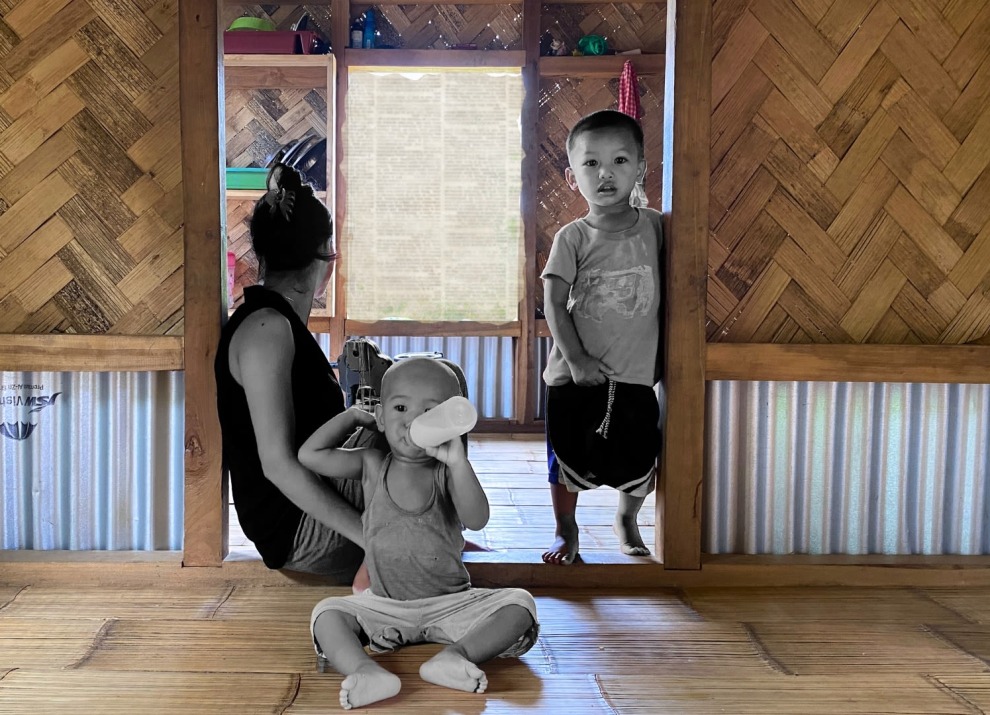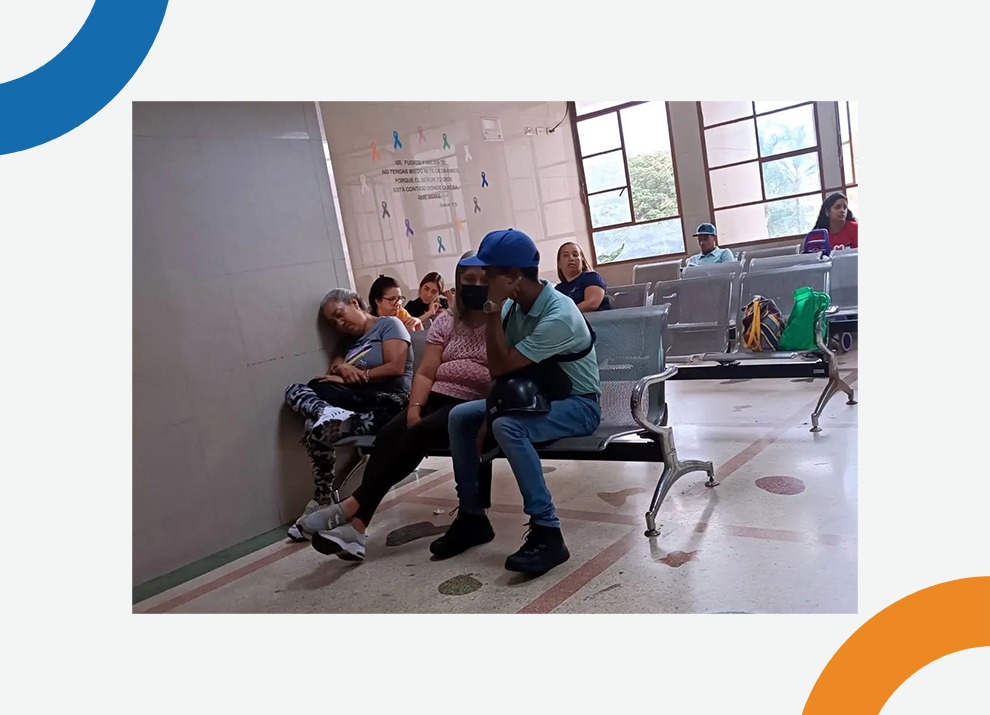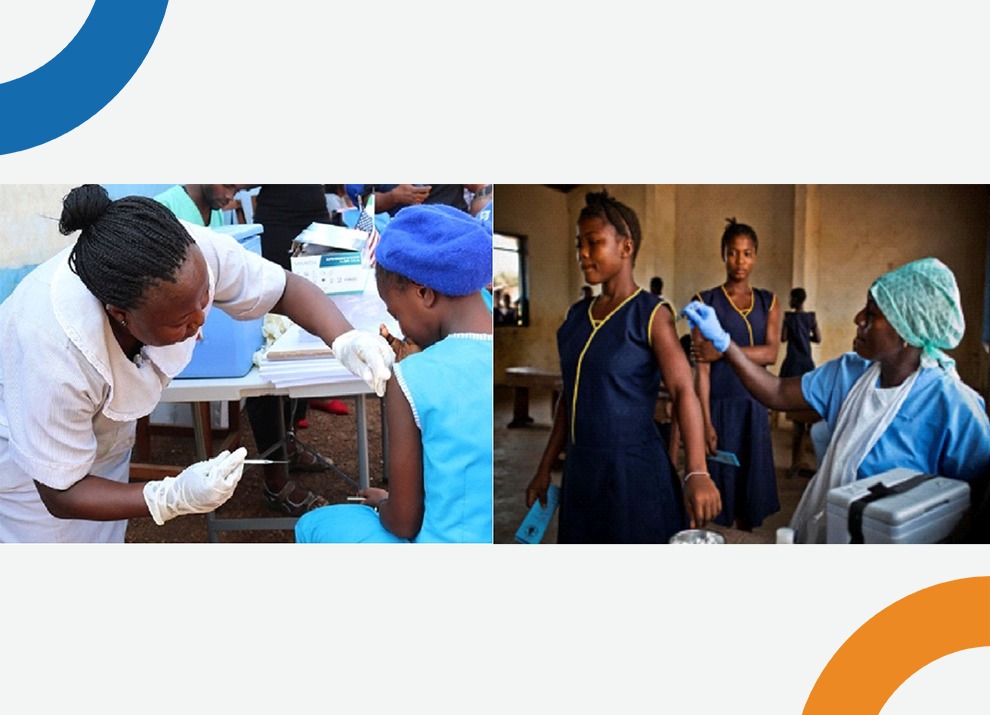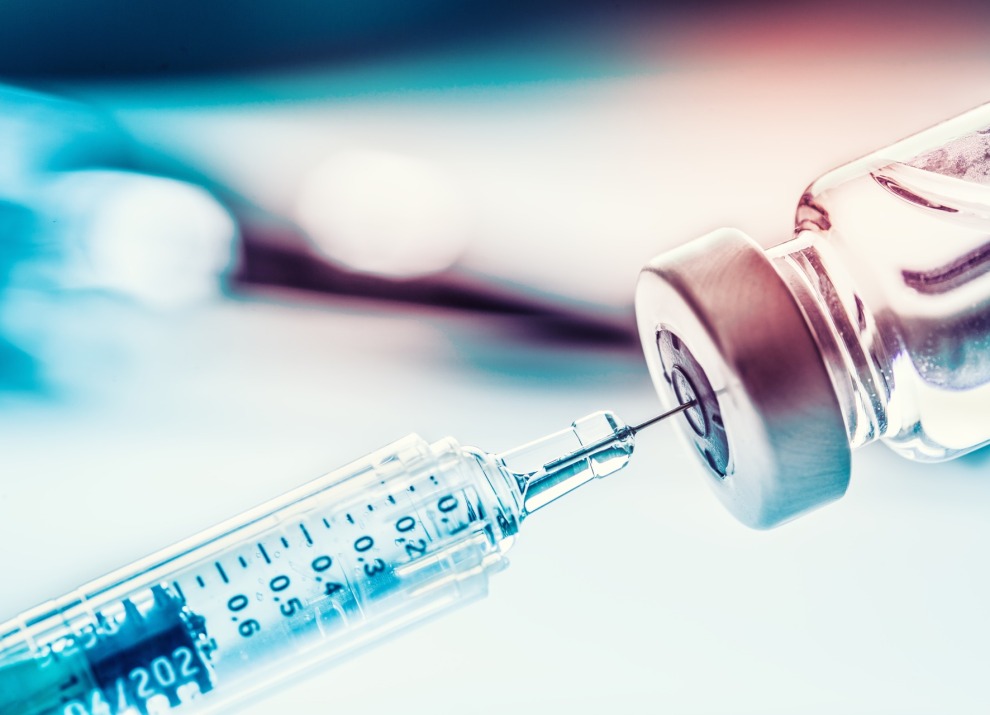The Twists and Turns of Cervical Cancer Prevention
By Alya Nurbaiti, Indonesia
The following is a Google-translated excerpt from an article written by a reporter who was part of a Sabin-supported program for journalists. As part of the program, they covered stories on HPV and cervical cancer in low and middle-income countries.
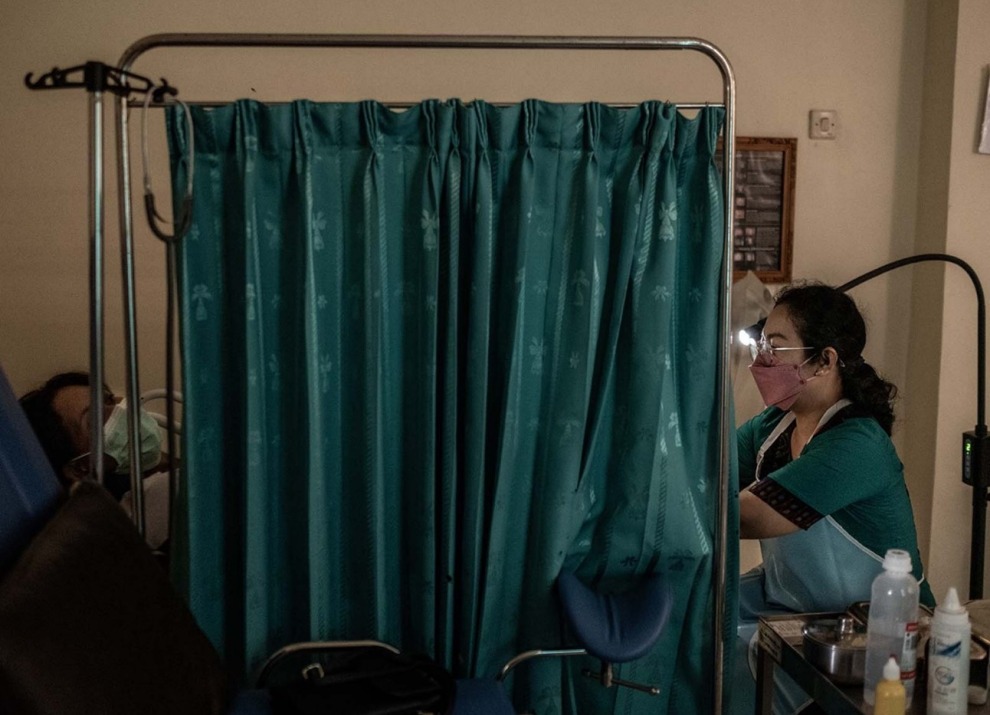
Ni Nyoman Ayu Mirayanti (38) had a difficult experience with cervical cancer. Her mother is a survivor of the disease caused by human papillomavirus (HPV) infection in the cervix.
In 2021, her mother underwent surgery to remove her uterus.
“At that time, she said she was experiencing vaginal discharge, we thought, ah, maybe it was because she was tired. A month passes, there are spots, we wonder, are you no longer menstruating? “Check it out, it turns out it’s stage 1B cervical cancer,” said Mira, as she is usually called, when we met in West Denpasar, Bali, mid-August.
After the operation, her mother still had to undergo chemotherapy and radiation. The series of therapy was only completed one year ago. Even so, her mother still has to undergo control once every three months to ensure that the cancer cells do not reappear.
“Usually a 3D abdominal ultrasound is performed. “If the results are good or there are no signs of spread, it means the same thing will be done in the next three months,” said Mira.
Her mother’s treatment is covered by the Health Social Security Administration (BPJS), but for Mira, who is the only daughter in the family, this whole process is still difficult to endure.
What the mother experienced actually made her worried because this disease has genetic risk factors. Moreover, her mother-in-law also experienced the same thing. The mother-in-law died of the disease in 2005, before Mira’s marriage.
So, last year, she and her husband didn’t argue much when their daughter’s school held an HPV vaccination program which was part of School Child Immunization Month (BIAS) which was held simultaneously from late August to early September. At that time, her daughter, Desak Ayu Kireina Putri Airin, was still in grade 5 at State Elementary School (SDN) 13 Pemecutan, Denpasar.
“I learned about HPV when my mother was diagnosed with cervical cancer. But, I only found out there was a vaccine, right, when Airin got the vaccine. “At that time, I didn’t receive any socialization about the vaccine, I only got a letter of parental approval,” said Mira.
“But my husband and I immediately agreed, because the cancer treatment was very difficult.”
Read the full article in Indonesian on the Project Multatuli website.
About this Article
Sabin through its Immunization Advocates program supported journalists based in Bolivia, Egypt, Ghana, Guyana, Kenya, India, Indonesia, Nigeria, Pakistan, Sierra Leone, Uganda, Venezuela and Zimbabwe interested in working on in-depth investigative reports about HPV vaccination and cervical cancer. Grantees were selected in concert with Sabin partners International Women’s Media Foundation (IWMF) — as part of the Global Health Reporting Initiative — and Internews. Sabin connected grantees to expertise and information about HPV and cervical cancer and continues to engage with journalists across low- and middle-income countries who are seeking to report on these topics.
Recommended for you
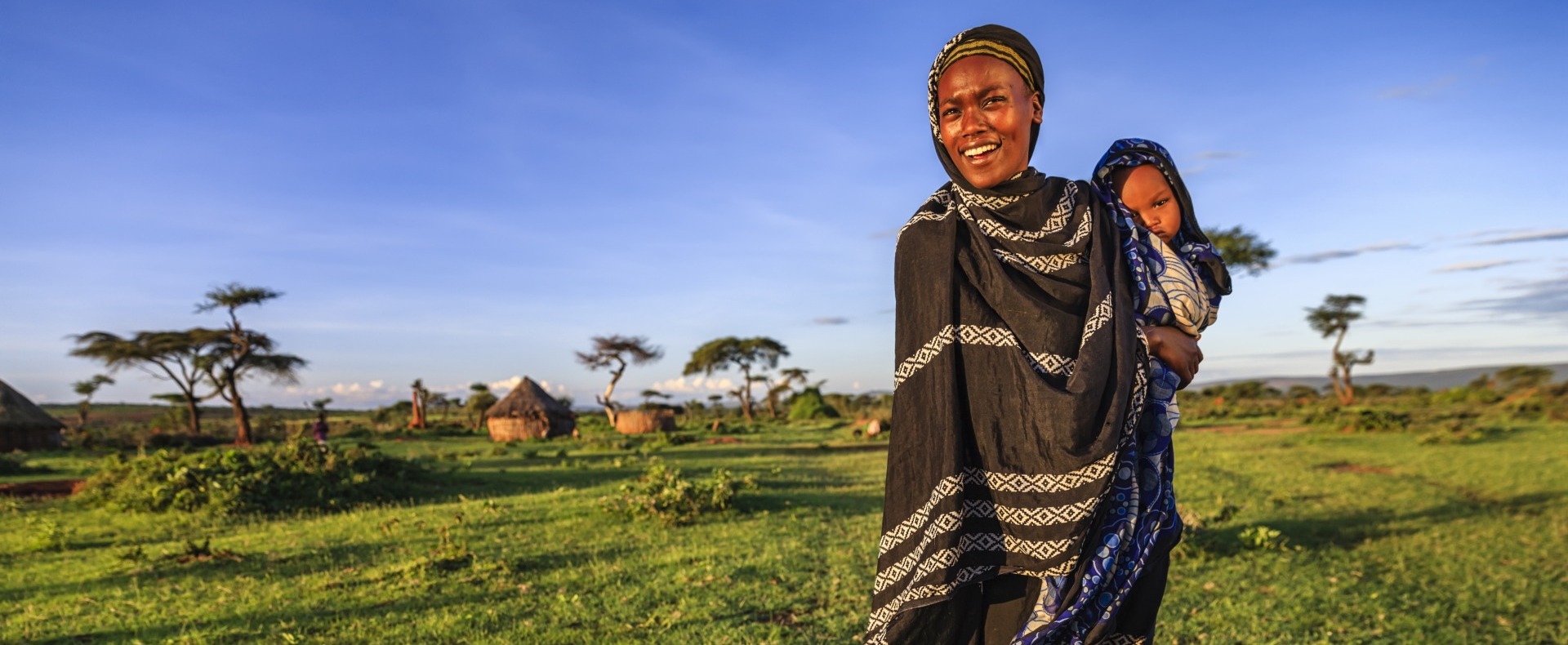
We make vaccines more accessible, enable innovation and expand immunization across the globe.
